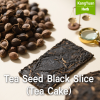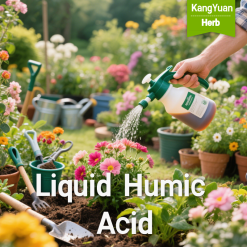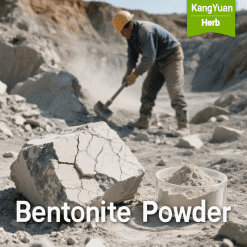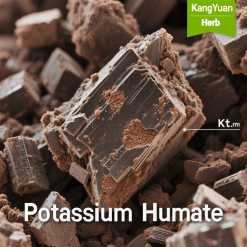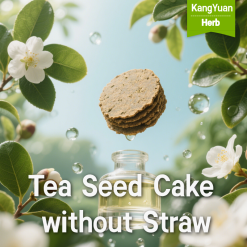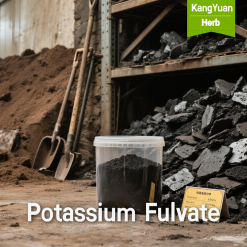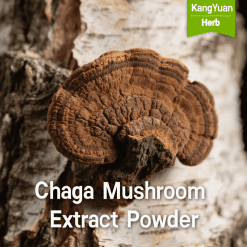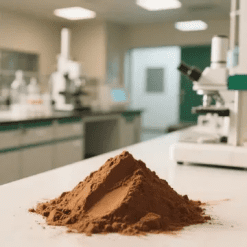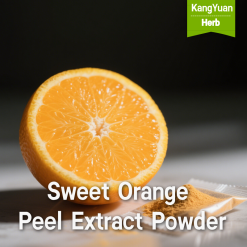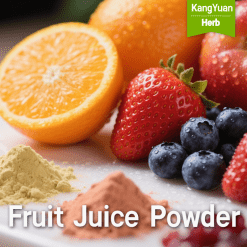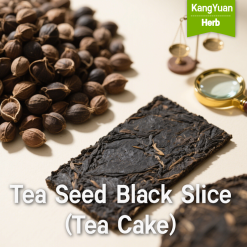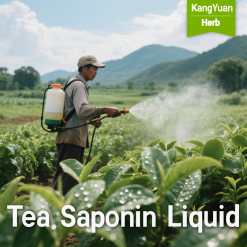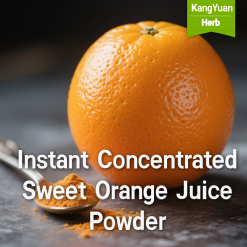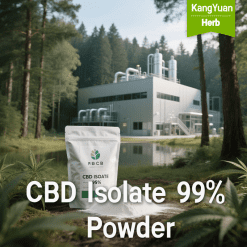Magnesium Humate
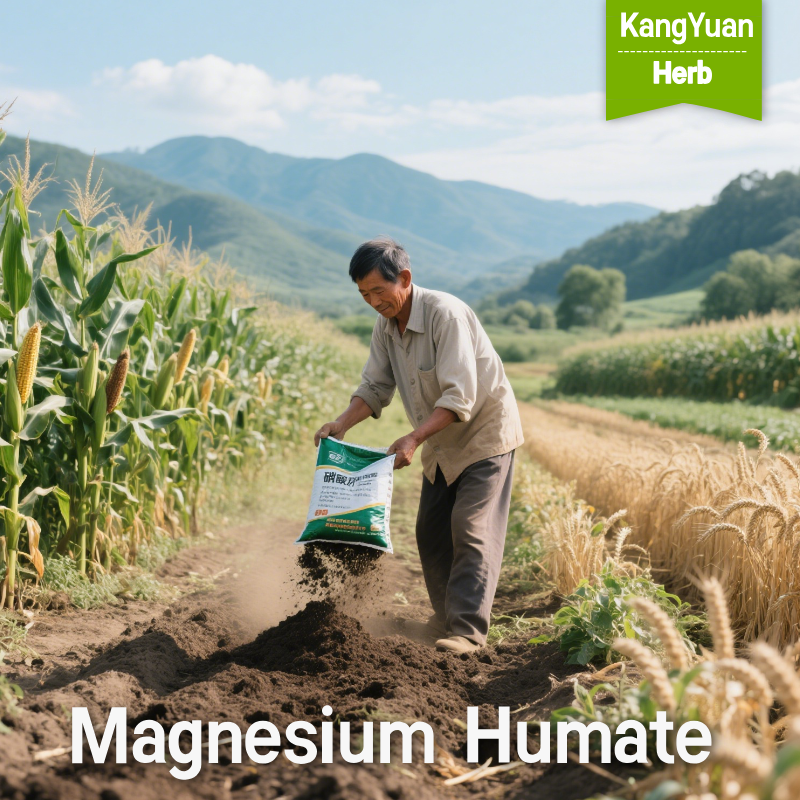
Unlock Soil Potential with Hangyuan Herb Magnesium Humate
Elevate your agricultural and horticultural practices with Hangyuan Herb’s premium Magnesium Humate. This innovative, eco-friendly soil conditioner and plant nutrient enhancer combines the proven benefits of humic acid with the essential plant nutrient, magnesium. Sourced from high-quality leonardite and meticulously processed, our Magnesium Humate is designed to improve soil structure, enhance nutrient uptake, and promote robust plant growth, leading to healthier crops and more abundant yields naturally.
Struggling with Poor Soil Health and Subpar Crop Performance?
Are your crops suffering from nutrient deficiencies despite regular fertilization? Do you battle with compacted, low-fertility soils that hinder root development and water retention? Conventional chemical fertilizers can often lead to soil degradation over time, creating a cycle of dependency and diminishing returns. Finding a sustainable, effective solution to revitalize soil, improve magnesium availability, and boost overall plant vigor can be a significant challenge for growers aiming for both productivity and environmental stewardship.
Hangyuan Herb understands these agricultural pain points. Our Magnesium Humate offers a powerful, natural alternative to address these issues, working synergistically to build healthier soil ecosystems and foster more resilient, productive plants.
Key Advantages of Hangyuan Herb Magnesium Humate
Enhanced Soil Structure & Fertility
The humic acid component improves soil aggregation, aeration, and water holding capacity, creating a more favorable environment for root growth and microbial activity. This leads to long-term soil fertility enhancement. Keywords: improve soil structure, increase soil fertility, humic acid soil conditioner, better water retention.
Optimized Magnesium & Nutrient Uptake
Provides readily available magnesium, crucial for chlorophyll production and enzyme activation. Humates also chelate other micronutrients, making them more accessible to plants and improving overall nutrient use efficiency. Keywords: magnesium for plants, enhance nutrient absorption, humate chelator, improve fertilizer efficiency.
Promotes Robust Plant Growth & Yield
Stimulates root development, enhances plant vigor, and improves stress tolerance (e.g., drought, salinity). This translates to healthier plants, increased biomass, and potentially higher quality and quantity of yields. Keywords: plant growth promoter, increase crop yield, root stimulant, improve plant stress tolerance.
Eco-Friendly & Sustainable Solution
Derived from natural leonardite, Hangyuan Herb Magnesium Humate is an environmentally sound choice for sustainable agriculture. It helps reduce nutrient leaching and improves soil health naturally, unlike harsh chemical inputs. Keywords: organic farming input, sustainable agriculture products, eco-friendly soil amendment, natural plant nutrients.
Versatile Applications for Agriculture & Horticulture
Hangyuan Herb Magnesium Humate is suitable for a wide range of applications, enhancing soil and plant health across various cultivation systems:
- Field Crops: Corn, wheat, soybeans, cotton, rice, etc., for improved yield and quality.
✔ - Fruits & Vegetables: Tomatoes, peppers, leafy greens, berries, fruit trees, for better growth and nutritional value.
✔ - Horticulture & Greenhouses: Ornamentals, flowers, nursery plants, for vibrant colors and robust development.
✔ - Turfgrass & Lawns: For denser, greener, and more resilient turf in sports fields and landscaping.
✔ - Soil Remediation: Helps improve structure and fertility of poor or degraded soils.
✔
Fertilizer Blending: Can be incorporated into NPK fertilizer blends to enhance their efficiency.
✔
Keywords: magnesium humate uses, agricultural soil amendment, horticultural nutrient, turfgrass enhancer, improve soil for crops, organic fertilizer component.
The Hangyuan Herb Promise: Expertise in Soil & Plant Nutrition
Hangyuan Herb brings decades of Experience and specialized Expertise in natural plant extracts and agricultural solutions. We are an Authoritative source for high-quality humate products, committed to research and development. Our Trustworthiness is built on transparent sourcing, rigorous quality control, and consistent product performance, ensuring you receive a Magnesium Humate that truly benefits your soil and crops.
Partner with Hangyuan Herb for superior Magnesium Humate and cultivate a healthier, more productive future for your agricultural endeavors.
Keywords: Hangyuan Herb magnesium humate, buy quality humates, trusted agricultural supplier, E-E-A-T soil products, leonardite based fertilizer.
Product Specifications: Magnesium Humate
| Parameter | Specification |
|---|---|
| Product Name | Magnesium Humate |
| Appearance | Black Brown Powder / Granular [Adjust as per your product form] |
| Humic Acid (dry basis) | ≥ [Specify your % e.g., 50-60]% |
| Magnesium (MgO) | ≥ [Specify your % e.g., 5-8]% |
| Water Solubility | ≥ [Specify your % e.g., 70-90]% / Partially Soluble [Adjust] |
| Moisture | ≤ [Specify your % e.g., 15]% |
| Source | High-Grade Leonardite |
For detailed specifications and Certificate of Analysis (COA), please contact Hangyuan Herb. Bulk inquiries welcome.
faq
Tea Seed Meal FAQ
- ●
What is Tea Seed Meal with Straw?
Tea Seed Meal with Straw is a natural product derived from the seeds of the tea plant (Camellia species, often Camellia oleifera) after oil extraction. This particular product includes straw, which may be crop residue mixed during processing or intentionally added as a bulking agent or for specific soil conditioning properties. The key active components are natural Saponins.
- ●
What are Saponins and their role in this product?
Saponins are naturally occurring glycosides found in tea seeds. They have detergent-like properties and are known for their bioactivity. In Tea Seed Meal, saponins are responsible for its use as a natural molluscicide (snail/slug control), piscicide (fish stunning/removal in aquaculture), earthworm control in turf, and as a surfactant.
- ●
What is the typical Saponin content in Tea Seed Meal with Straw?
The Saponin content can vary but is typically in the range of 10-18% for standard tea seed meal. The inclusion of straw might slightly dilute the overall saponin concentration compared to pure tea seed meal. We provide a Certificate of Analysis (COA) with typical Saponin levels.
- ●
What is the purpose of the ‘Straw’ component?
The straw component may be present as a natural co-product of less refined processing, or it could be intentionally blended. Straw adds organic matter and can help improve soil structure when used as a soil amendment. It may also affect the handling characteristics of the meal.
- ●
How is Tea Seed Meal with Straw produced?
It’s generally a by-product of tea seed oil extraction. After the oil is pressed from Camellia seeds, the remaining cake (meal) is processed. The ‘with straw’ indicates that plant residues (like straw from the Camellia plant or other crop straw) are part of the final product.
- ●
What are the main B2B applications for Tea Seed Meal with Straw?
Primary applications include: natural pest control in horticulture and agriculture (e.g., for earthworms in golf courses, snails), pond cleaning in aquaculture (to eliminate unwanted fish before stocking), and as an organic fertilizer or soil conditioner component due to its nutrient and organic matter content.
- ●
Is it safe for use on lawns and golf courses for earthworm control?
Yes, Tea Seed Meal is widely used on turfgrass, including golf courses and sports fields, to manage earthworm populations by bringing them to the surface for removal, thus reducing casting issues. The saponins irritate the worms.
- ●
How is it used for pond cleaning in aquaculture?
The saponins in Tea Seed Meal are toxic to fish but generally harmless to shrimp and prawns at recommended dosages. It’s used to clear unwanted fish species from ponds before stocking with shrimp or prawns. It detoxifies quickly in water.
- ●
Can Tea Seed Meal with Straw be used as an organic fertilizer?
Yes, it contains organic matter and some plant nutrients (N, P, K), making it a useful component in organic fertilizer blends or as a direct soil amendment to improve soil fertility and structure. The straw adds further organic bulk.
- ●
Is this product certified for organic farming?
Tea Seed Meal derived from natural Camellia seeds and processed without synthetic chemicals can often be compliant with organic farming standards (e.g., OMRI listed). The ‘with straw’ component would also need to be from an approved source. Please inquire about specific organic certifications.
- ●
Is Tea Seed Meal with Straw tested for contaminants?
Yes, quality control includes testing for potential contaminants such as heavy metals and pesticide residues to ensure it meets safety standards for agricultural and environmental applications.
- ●
What form is it supplied in (e.g., meal, powder, pellets)?
It is typically supplied as a meal or coarse powder. The presence of straw might affect its texture compared to pure tea seed meal. We can clarify the exact form based on current stock.
- ●
What are the storage recommendations and shelf life?
Store in a cool, dry, well-ventilated area, away from direct sunlight and moisture to prevent caking and degradation. Keep bags sealed. Properly stored, it has a good shelf life, typically 1-2 years or more.
- ●
What documentation do you provide for B2B bulk orders?
For B2B clients, we provide comprehensive documentation including Certificates of Analysis (COA detailing Saponin content, moisture, etc.), Specification Sheets, and MSDS (Material Safety Data Sheet) if required.
- ●
Are samples available for testing its efficacy or suitability?
Yes, samples of our Tea Seed Meal with Straw are typically available for qualified B2B customers (e.g., golf course superintendents, aquaculture farm managers, fertilizer manufacturers) for evaluation. Please contact our sales team.
- ●
What is the Minimum Order Quantity (MOQ) for bulk supply?
Our standard Minimum Order Quantity (MOQ) for bulk Tea Seed Meal with Straw is typically by the truckload or container load (e.g., 20-25 metric tons), given its common use in agriculture and aquaculture. Smaller MOQs might be negotiable; please contact us.


